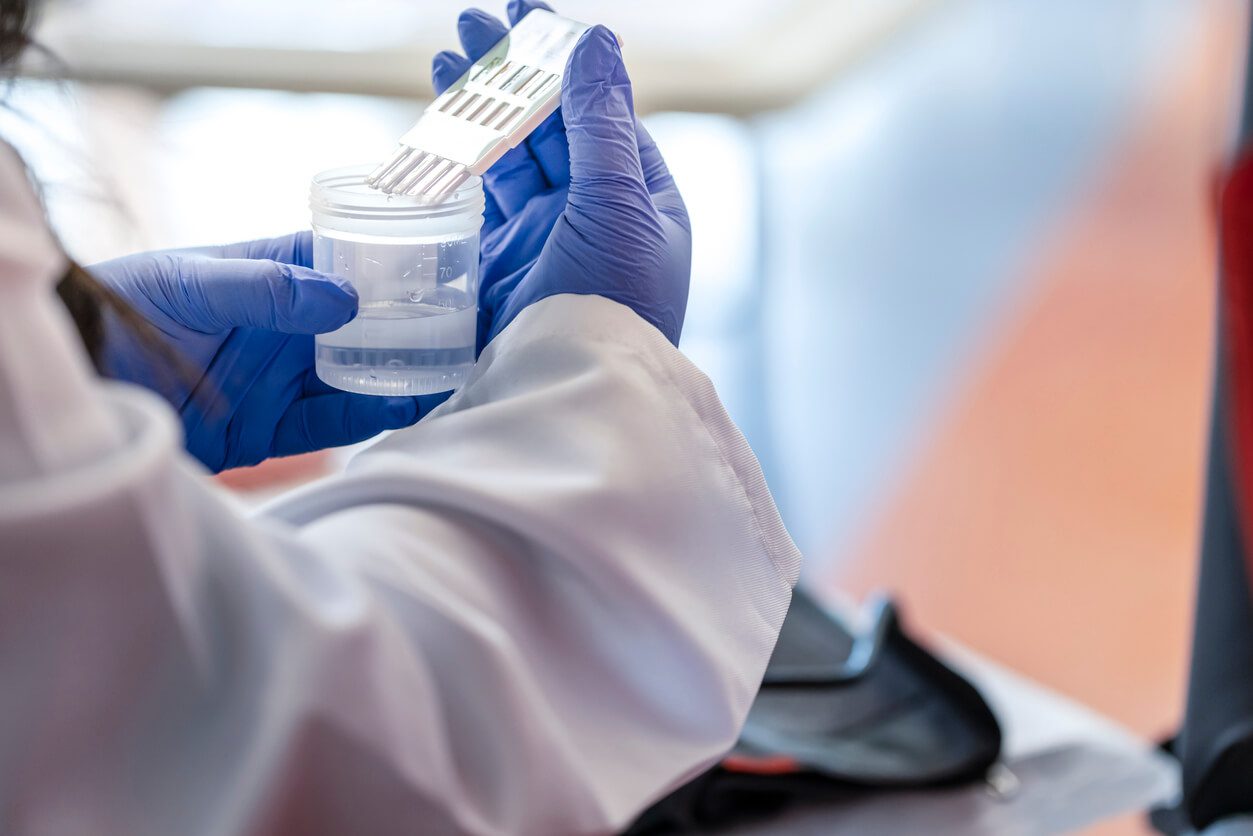
In an age where the line between personal freedom and workplace safety is increasingly scrutinized, understanding the when, why, and how of drug and alcohol tests is more important than ever. Whether you are an employer looking to implement a testing program, an employee navigating the testing landscape, or simply curious about the practice, this article aims to shed light on the key aspects of drug and alcohol testing in the workplace.
When Employers Conduct Workplace Drug and Alcohol Testing
Here are some instances when your employer might conduct drug and alcohol testing:
Pre-Employment Screening
One of the most common times for drug and alcohol testing is before an individual officially becomes an employee.
This screening aims to ensure that new hires do not have a history of substance abuse that could impact their job performance or safety.
Random Testing
To deter ongoing substance use, some employers implement random drug and alcohol testing. This unpredictability adds an element of accountability, encouraging a drug-free workplace.
Reasonable Suspicion/Cause Testing
If an employer has a reasonable suspicion that an employee is under the influence of drugs or alcohol at work, they may conduct a test. This suspicion can be based on:
- Observable behaviors
- Physical evidence
- A pattern of abnormal conduct
Post-Accident Testing
Following an accident or incident in the workplace, drug and alcohol testing may be performed to determine if substance abuse was a contributing factor.
This can help in assessing liability and preventing future incidents.
Return-to-Duty Testing
After violating drug and alcohol policies, an employee may be required to pass a return-to-duty test before resuming work.
This ensures that the employee has addressed their substance abuse issues.
The Importance of Workplace Drug and Alcohol Testing
Now, let us look at why drug and alcohol testing is conducted in the workplace.
1. Enhancing Workplace Safety
A primary concern for many employers is maintaining a safe workplace. Substance abuse can significantly increase the likelihood of:
- Accidents
- Injuries
- Fatalities
By conducting drug and alcohol testing, employers aim to prevent these adverse outcomes, ensuring a safer environment for all employees.
2. Promoting Employee Health and Well-being
Beyond safety, drug and alcohol testing is integral to promoting the health and well-being of employees.
It can identify individuals who may be struggling with substance abuse issues, offering an opportunity for intervention and support, such as access to treatment programs.
3. Legal and Compliance Requirements
Many industries are subject to federal and state regulations that mandate drug and alcohol testing. This is especially true for those involving:
- Transportation
- Healthcare
- Safety-sensitive roles
Compliance with these laws is not optional; it is a critical aspect of legal and operational compliance.
Types of Drug & Alcohol Tests
When it comes to monitoring substance use within the workplace, employers have several testing methods at their disposal.
Each one offers distinct advantages and serves different purposes:
Urine Tests
Urine tests are most commonly used because they are cost-effective and can detect a wide range of substances.
They can identify drugs taken within the past few days to a week, offering a reasonable window of detection for recent use.
Breath Tests
Specifically designed for alcohol detection, breathalyzers measure blood alcohol content (BAC) non-invasively.
They provide immediate results, making them ideal for situations requiring swift action, such as reasonable suspicion testing.
Hair Tests
Offering a much longer detection window, hair tests can trace drug and alcohol use up to 90 days back. While they are more expensive, they are valuable for understanding long-term substance use patterns.
Blood Tests
Though less common due to their invasive nature and higher cost, blood tests are the most accurate method for detecting current levels of drugs or alcohol in the system.
They are often used in post-accident testing to determine impairment during the incident.
Preparing for a Workplace Drug and Alcohol Testing
Whether you are a new hire facing a pre-employment screen or an existing employee undergoing routine testing, preparing for a drug or alcohol test is about understanding the process and knowing your rights.
- Know the Policy: Familiarize yourself with your employer’s drug and alcohol testing policy, including substances tested and the consequences of a positive test.
- Understand Your Rights: Employees have rights regarding privacy and consent in the testing process. It is important to know these rights and the regulations governing tests.
- Stay Informed: Prescription medications sometimes impact test results. Inform the testing administrator about your prescriptions beforehand to help avoid false positives.
- Lead a Healthy Lifestyle: While this may seem obvious, maintain a healthy lifestyle, stay hydrated, and avoid substances not prescribed to you.
Alcohol & Drug Test Near Me in Grand Junction, CO
Navigating the complex world of drug and alcohol testing in the workplace requires a careful balance of understanding, respect, and diligence from both employers and employees. As the conversation around drug and alcohol testing continues to evolve, it is crucial for all parties involved to stay informed, engaged, and compassionate towards those affected by these policies. In the end, the goal is a workplace that thrives in terms of productivity and safety.
Do you need an alcohol and drug test near you? If so, you can rely on WorkPartners Occupational Health specialists to guide you through these tests. You may reach our helpful staff at (970) 241-5585 for any concerns or questions. You may also submit an online appointment request form if you wish to schedule a visit for alcohol and drug testing near you.
We look forward to serving you!






